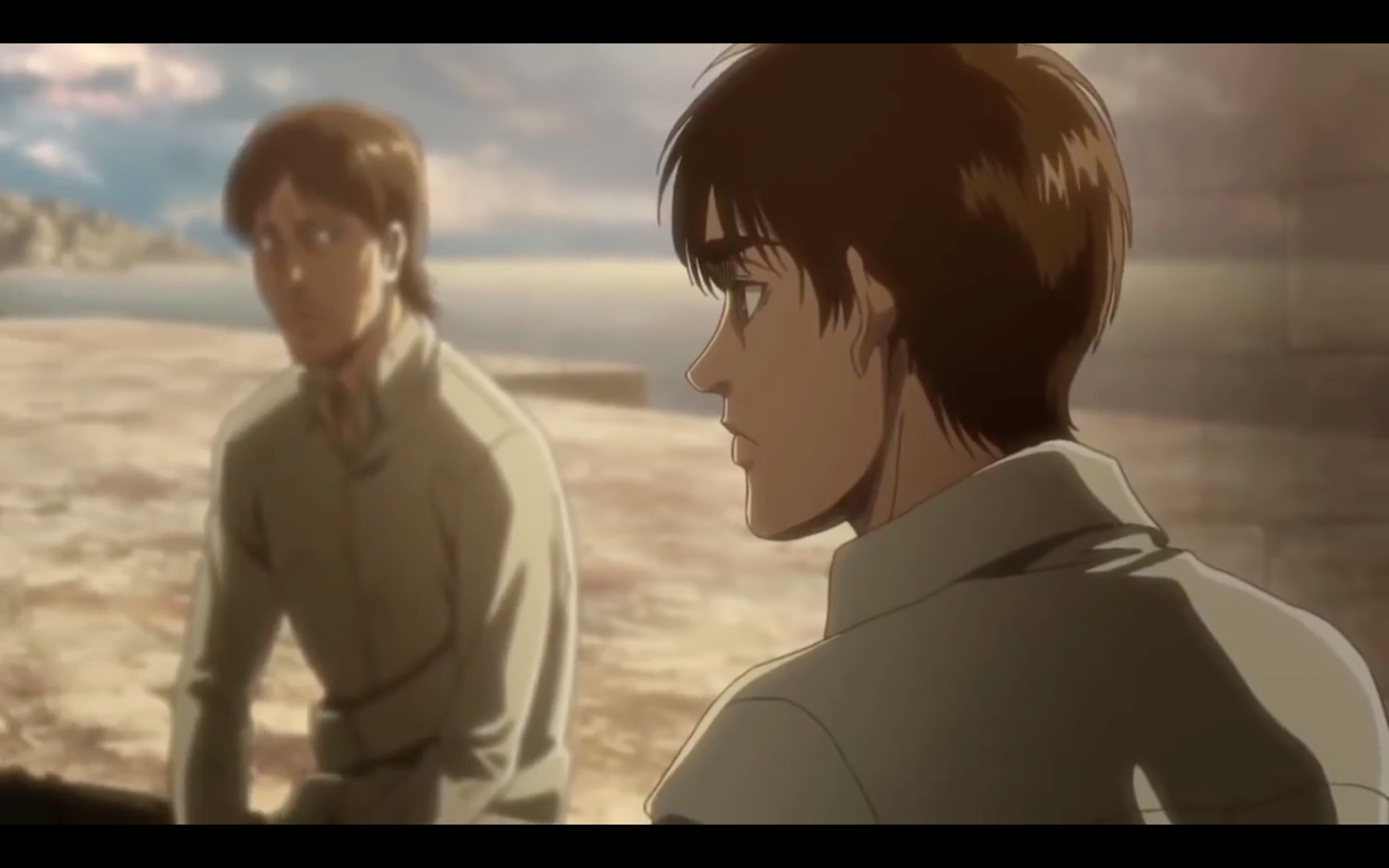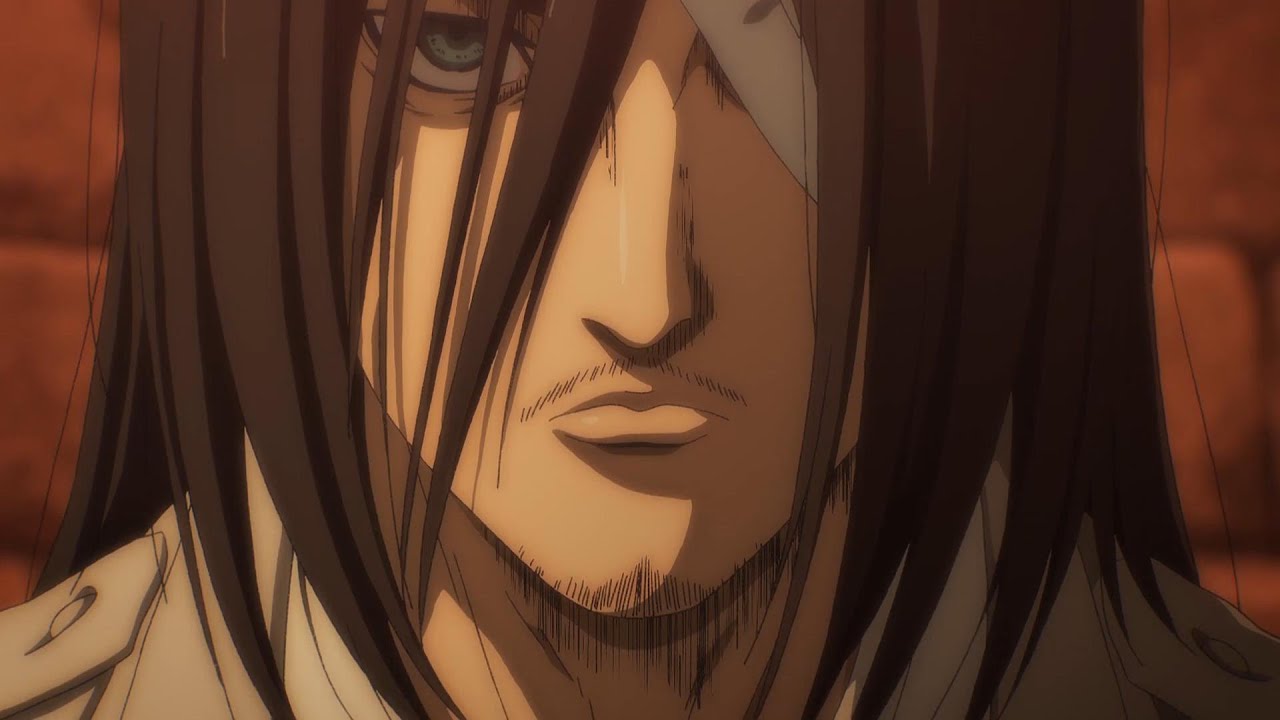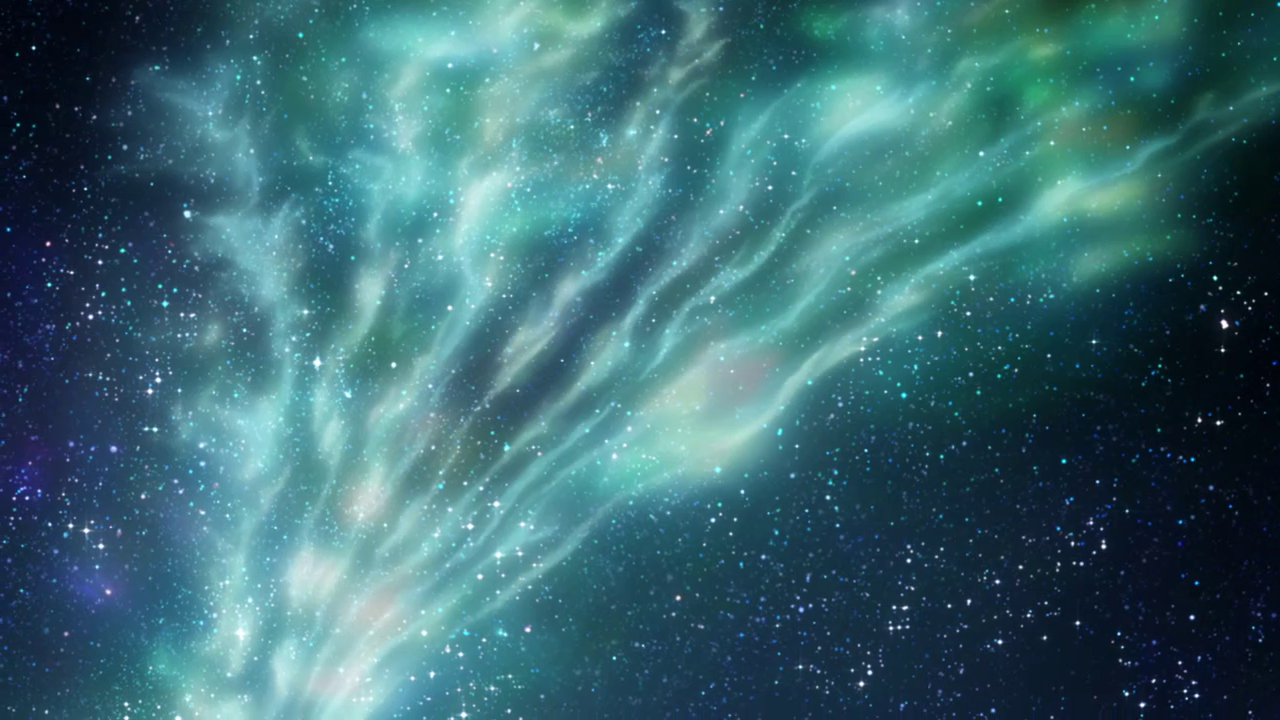Fair warning: This article contains major spoilers for the Attack on Titan anime and the manga and the nature of time in the Shingeki no Kyojin Universe.
Chapter 121 of Attack on Titan confirmed a major theory regarding the nature of time in the series: it’s not linear. The chapter provides what is perhaps the greatest mind**** in the history of storytelling, where it is revealed that four years ago, when Historia kissed Eren’s hand, Eren unlocked memories that showed his father killing the Reiss family, only something was amiss: a future version of Eren was present. Whether or not this was Eren seeing Grisha’s past memories or Eren seeing his future via the Attack and Founding Titans is still a mystery. This prophecy is later fulfilled, as Eren travels into his father’s memories via the Founding Titan and Zeke and convinces him, with Kruger’s words (or perhaps words he passed to Kruger through the Attack Titan?) to murder the Reiss family and take the Founding Titan. This confirms a simple and obvious truth: time is set in the Attack on Titan universe, and simply “is.”

“What are you doing? Stand father. Did you forget why you came here? Isn’t it to get revenge for your little sister who was eaten by dogs? For your fellow restorationists? For Dina? For Kruger? You advance on to avenge them. Even if you die, even after you die. Dad, you started this story. Didn’t you?” – Chapter 121, Memories of the Future
This concept is an actual theory in quantum mechanics. Time simply is. All of time exists at the same time. If time travel were possible, as it is in some form in Attack on Titan, you would not be able to change anything. Whatever happened, happened. You’d only be making it possible for the future to take place. Think of time as a series of points in a box, like in a diorama. Each of those points represents a point in time. Time is not a linear phenomenon, it’s only because of our limited perception as human beings that we see it as such. Eren admits in chapter 139 that his head has gotten so messed up due to the Founder’s power because time exists all at once for him; there is no past, present, or future. He becomes god-like. In Attack on Titan, time travel is paradox-free. That doesn’t mean that we don’t have free will though; this is a concept known as compatibilism. It’s the idea that free will and determinism can coexist and still be logically consistent. Eren does what he does by the power of his own will. He continues to move forward, even if there is a greater hell waiting for him. Because at the very end, in his own words, those who continue to move forward by their own volition see another kind of hope.

Time is like a street. You can move forward on that street, you can move backward on that street, but you can never create a new street. Whatever happened, happened, to quote Daniel Faraday from LOST. When Kruger tells Grisha that he must complete his task to “save Mikasa, Armin, and everyone”, was that truly Kruger speaking? Was that future Eren talking through Kruger to Grisha, who echoed the same words to Eren years later? Did Eren name himself? These are all very valid questions that we’re not given answers to, but simply demonstrate how non-linear the nature of time is in Attack on Titan. Chapters 120-122 cement this and answers a number, but not all, of the questions that we’ve had up to this point. It was all foreshadowed, dating back to when Eren first finds the Basement, but this was when we truly got confirmation of how time works in the series.

So what does this mean for the series as a whole? Is it a time travel series? Yes, and no. It truly is a story of moving forward, no matter what, and finding freedom. Time travel is an aspect of it, and Attack on Titan, in impressive fashion as always, pulls from actual quantum theory and other media to tie its story together. LOST did the same thing, with the exact same concept with regard to the nature of time. Time travel is an interesting part of Attack on Titan, and makes one of the most shocking moments in the history of storytelling possible, when a future (or present from our point of view) Eren convinces his father to slaughter the Reiss family and take the Founding Titan. It’s an important aspect of the story that needs to be understood, and a true turning point for the narrative as a whole.

Whatever happened, happened. The Reiss family always died. Grisha always took the Founding Titan. Eren always convinced his father to take the Founding Titan. Time just isn’t linear. That makes for a much more interesting and engrossing story, with some incredible twists and turns that have never been seen in storytelling until Attack on Titan. Even with a divisive ending, Attack on Titan is one of the greatest stories ever told. And its concept of the nature of time is one of its most interesting aspects.
How anime fans will react to this in Attack on Titan’s Final Season will be interesting to be sure.
